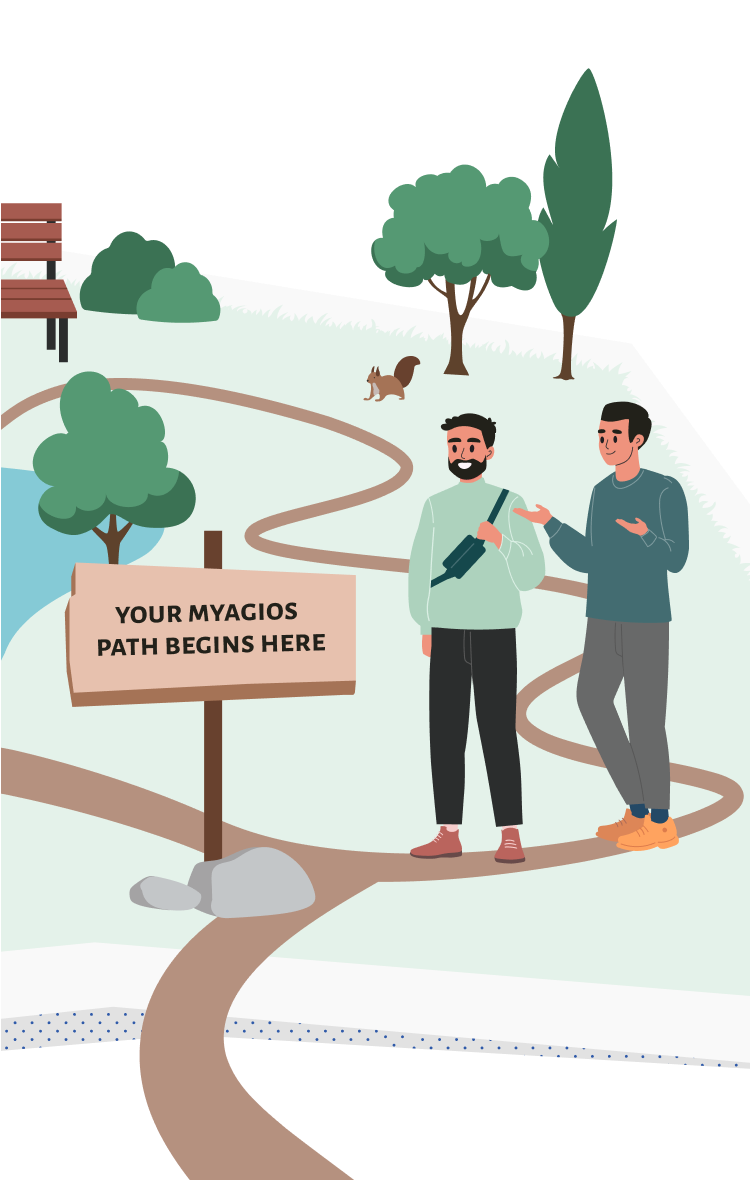What is PYRUKYND?
PYRUKYND is a prescription medicine used to treat low red blood cell counts caused by the early breakdown of red blood cells (hemolytic anemia) in adults with pyruvate kinase (PK) deficiency.
It is not known if PYRUKYND is safe and effective in children.
PYRUKYND may cause serious side effects, including:
- Rapid breakdown of red blood cells (acute hemolysis) has happened after suddenly interrupting or stopping treatment with PYRUKYND. You should not suddenly stop taking PYRUKYND. If you have to stop your treatment with PYRUKYND, your healthcare provider should monitor you closely. Tell your healthcare provider right away if you develop any signs or symptoms of breakdown of red blood cells including yellowing of your skin or the whites of your eyes (jaundice), dark colored urine, dizziness, confusion, feeling tired, or shortness of breath
- Liver injury has happened in people with another condition during the first 6 months of treatment with PYRUKYND when given at a dose higher than recommended for people with PK deficiency. Your healthcare provider will do blood tests to check your liver before you start treatment with PYRUKYND, monthly for the first 6 months of treatment, and as needed. Your healthcare provider may temporarily or permanently stop your treatment with PYRUKYND if you have abnormal liver tests. Tell your healthcare provider right away if you develop any signs or symptoms of liver problems including yellowing of your skin or the whites of your eyes (jaundice), nausea, dark colored urine, vomiting, pain in the upper right side of your stomach area or loss of appetite
The most common side effects of PYRUKYND were decrease in reproductive hormone (estrone) in men, increased salt from uric acid (urate) blood test, back pain, decrease in reproductive hormone (estradiol) in men, and joint pain (arthralgia).
These are not all the possible side effects of PYRUKYND. Call your healthcare provider for medical advice about side effects. You may report side effects to the FDA at 1-800-FDA-1088 or www.fda.gov/medwatch.
Before taking PYRUKYND, tell your healthcare provider about all of your medical conditions, including if you:
- have liver problems
- are pregnant or plan to become pregnant. It is not known if PYRUKYND will harm your unborn baby. Tell your healthcare provider right away if you become pregnant or think that you are pregnant during treatment with PYRUKYND
- are breastfeeding or plan to breastfeed. It is not known if PYRUKYND passes into your breast milk. Talk to your healthcare provider about the best way to feed your baby during treatment with PYRUKYND
Tell your healthcare provider about all the medicines that you take, including prescription and over-the-counter medicines, vitamins, and herbal supplements. PYRUKYND and certain other medicines may affect each other causing side effects. PYRUKYND may affect the way other medicines work, and other medicines may affect how PYRUKYND works. Know the medicines you take. Keep a list of them to show your healthcare provider or pharmacist when you get a new medicine.
Please see full Prescribing Information, including Patient Information.











